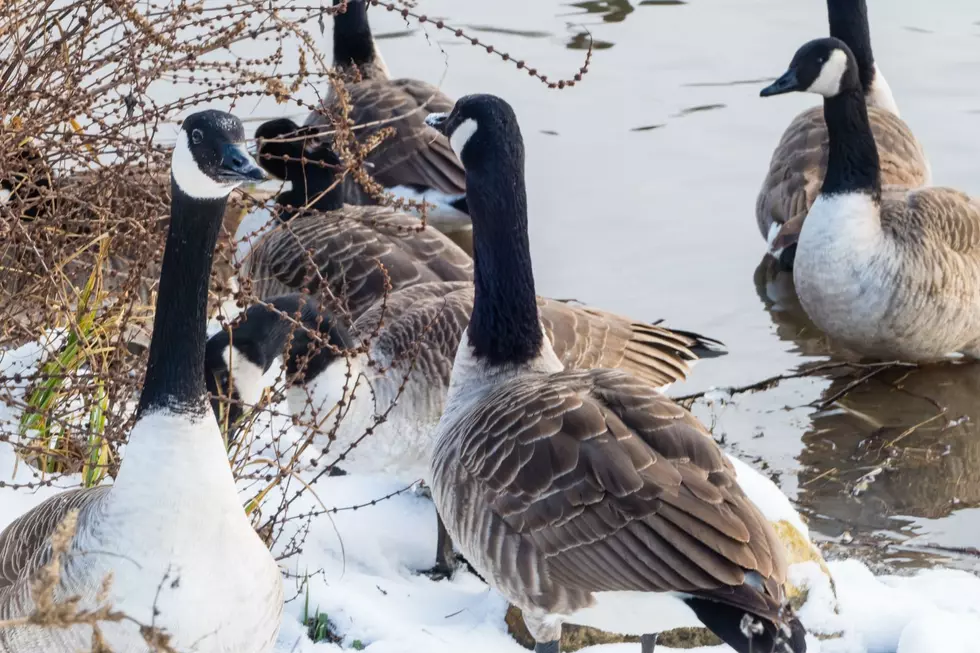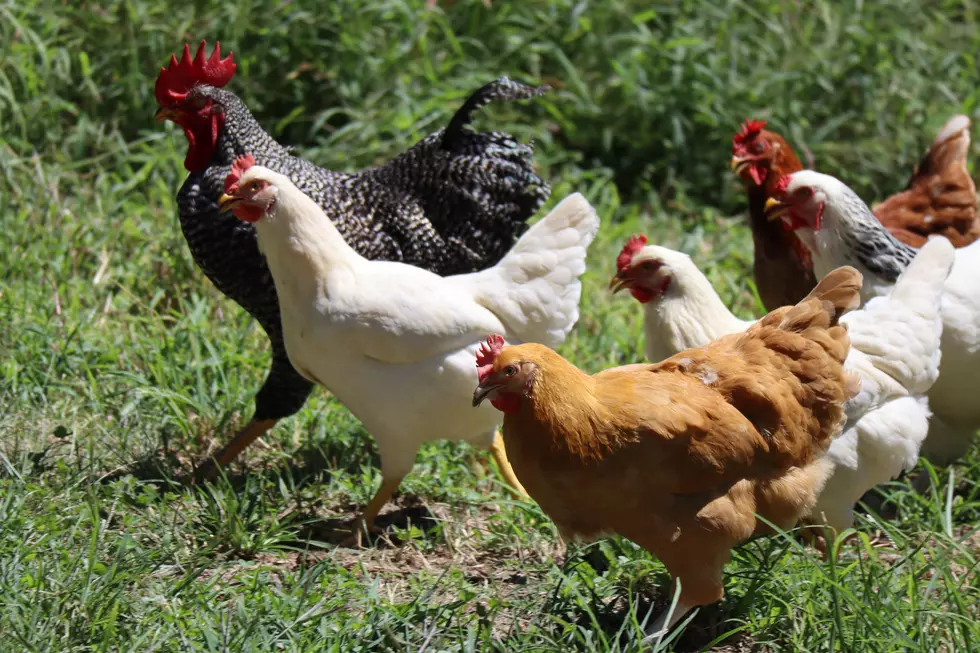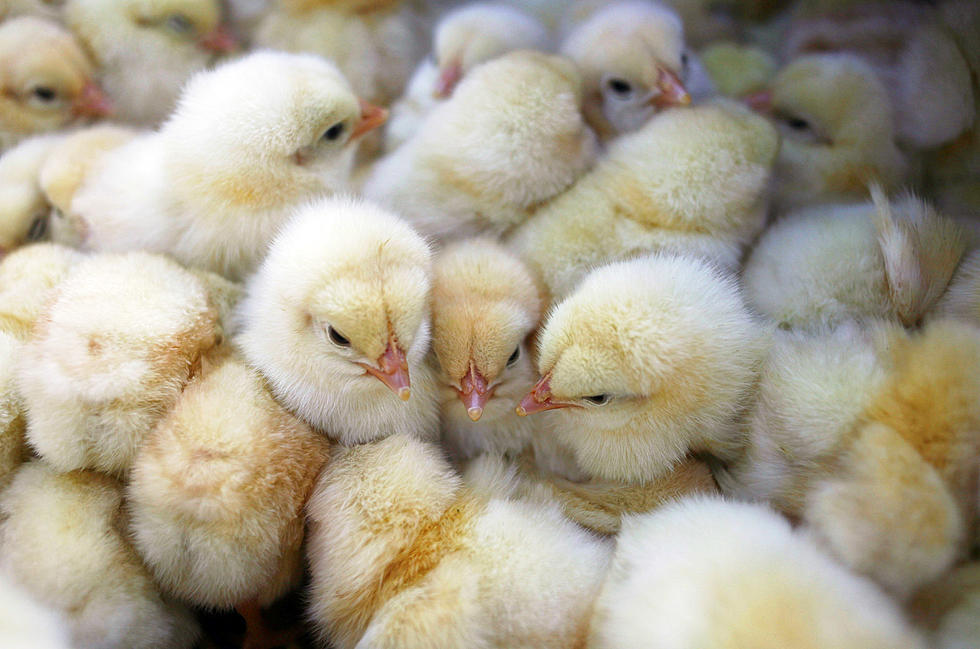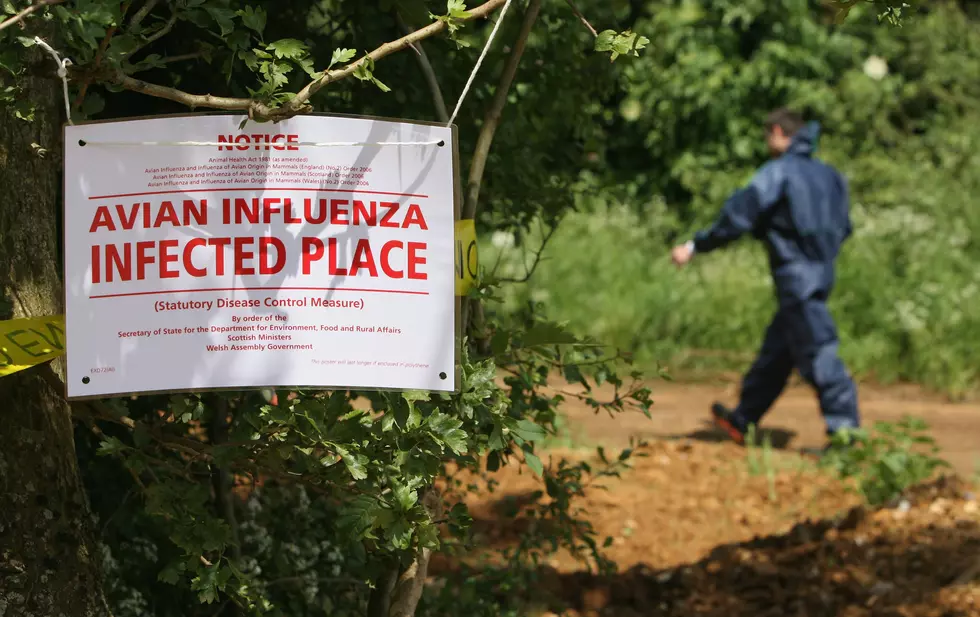
Birds in Wyoming Testing Positive for Avian Influenza
According to the Wyoming Game and Fish, birds in Wyoming are again testing positive for highly pathogenic avian influenza. After a hiatus from confirming any bird deaths from HPAI over the summer, the Wyoming Game and Fish Department’s Wildlife Health Laboratory in Laramie confirmed positives in a blue-winged teal and a great horned owl this month.
“With bird hunting seasons either ongoing or rapidly approaching, and as migrating birds start to head south, we are asking the public to keep an eye out for dead birds and be aware of the disease,” said Jessica Jennings-Gaines, Game and Fish wildlife disease specialist.

Game and Fish is continuing surveillance of HPAI, and it now has an online reporting tool that should help the public get reports directly to the lab. The lab asks the public to follow these criteria when reporting birds suspicious for HPAI infection:
- Any sage grouse, raptor or owl found dead or exhibiting neurologic signs.
- Only small birds such as songbirds, sparrows, starlings, pigeons, etc., where a group of five or more have been found dead or exhibiting neurologic signs. The birds need to be exhibiting signs within a short period — 3-4 days of symptoms would be notable.
- Any suspected birds in counties or species where HPAI has not been documented since Sept. 1. Check the online map to confirm.
- If there is a concern of HPAI exposure to a member of the public, and they are requesting avian influenza virus testing.
Wyoming hadn’t verified an HPAI case since June 9, testing 25 samples over the summer months that all came back negative. In August HPAI was detected in wild birds in 13 states, including Colorado and Utah.
Game and Fish urges hunters who are in the field and handle game meat to take specific precautions. These recommendations come from the U.S. Fish and Wildlife Service general safety guidelines for hunters handling wildlife and their tissues:
- Do not handle or eat sick game.
- Field dress and prepare game outdoors or in a well-ventilated area.
- Wear rubber or disposable nitrile gloves while handling or cleaning game.
- When done handling game, wash hands thoroughly with soap or disinfectant and clean knives, equipment and surfaces that come in contact with game.
- Do not eat, drink or smoke while handling animals.
- Do not feed sick/found dead carcasses/tissues to domestic animals — such as dogs and cats.
- All game should be thoroughly cooked to an internal temperature of 165 degrees F before being consumed.
Here's What Wyomingites REALLY Think About The Wind
Wyoming's Roads of Many Colors
More From K2 Radio









